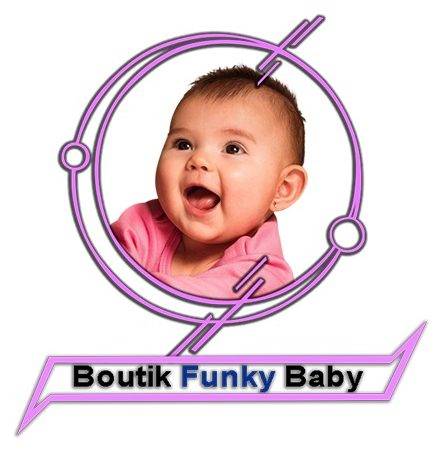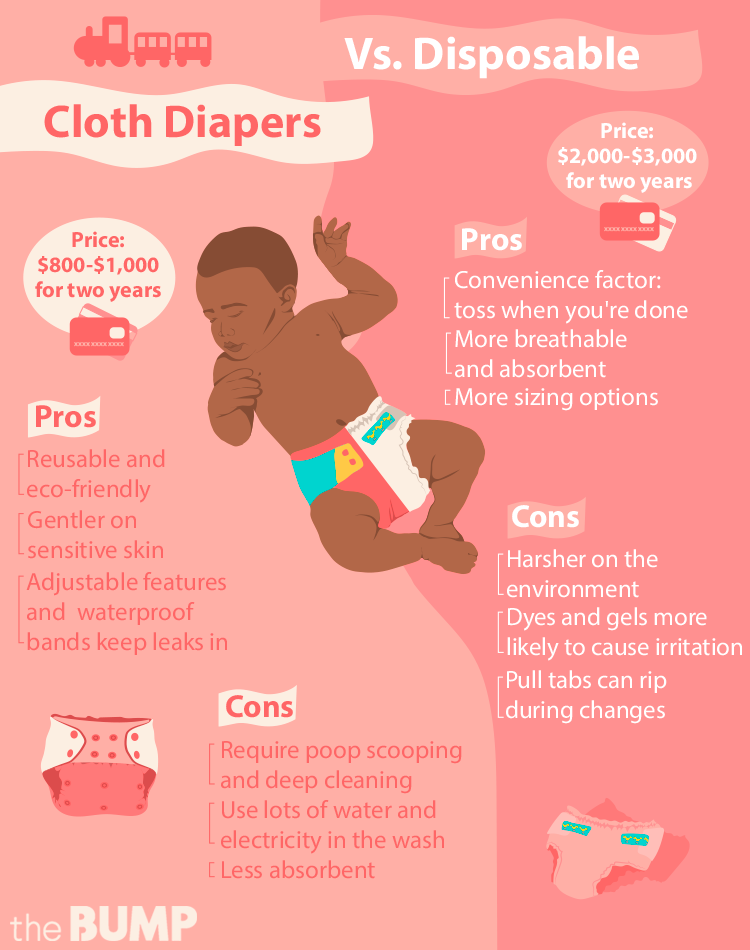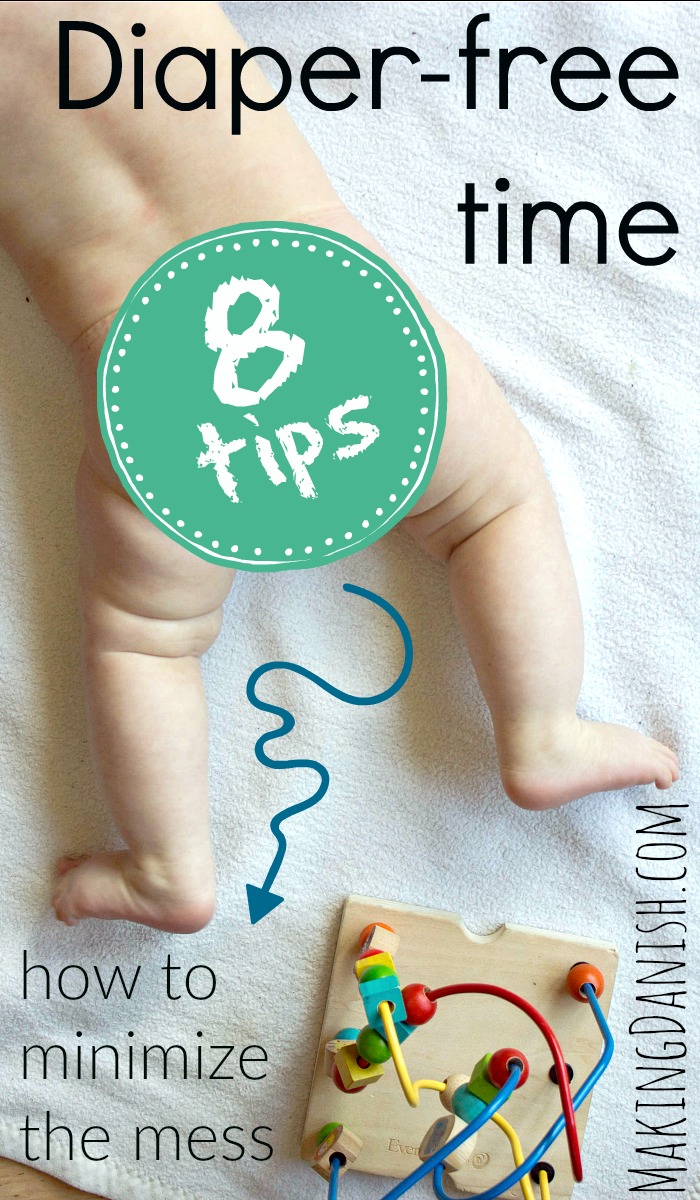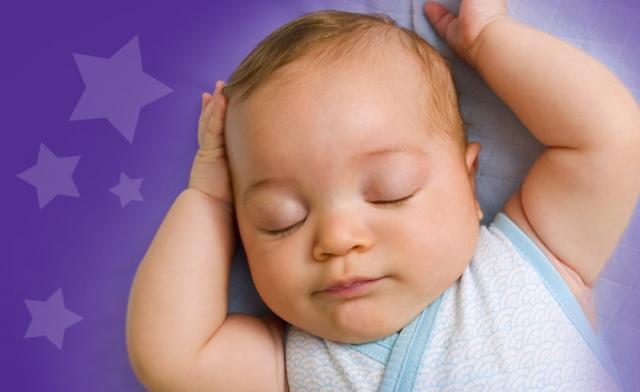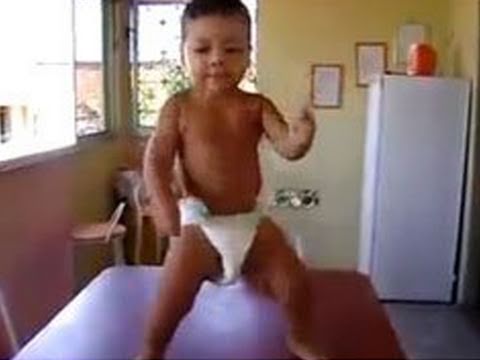Which is Better Cloth Diapers Or Disposable: Ultimate Comparison
Cloth diapers are more eco-friendly and cost-effective. Disposable diapers are convenient and offer better absorption.
Parents often debate whether cloth or disposable diapers are better for their babies. Each type has distinct advantages and disadvantages. Cloth diapers are reusable and can save money over time. They are also less harmful to the environment. Disposable diapers are more convenient for busy parents.
They offer superior absorption, reducing the risk of leaks and rashes. The choice largely depends on personal preferences, lifestyle, and budget. Some parents prefer the natural feel of cloth, while others value the ease of disposables. Understanding the pros and cons can help you make an informed decision that best suits your needs and your baby’s comfort.
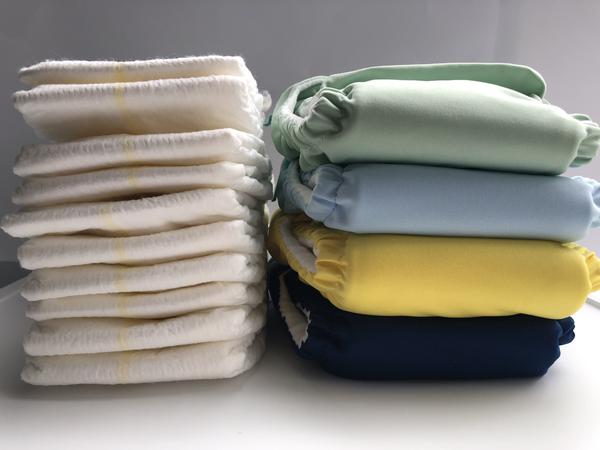
Credit: www.charliebanana.com
Environmental Impact
The choice between cloth and disposable diapers has a significant environmental impact. Understanding how each option affects the planet helps in making an informed decision. Let’s explore the environmental implications through resource consumption and waste production.
Resource Consumption
Cloth diapers require resources for manufacturing and washing. These include cotton, water, and energy.
- Cotton: Growing cotton uses a lot of water and pesticides.
- Water and Energy: Washing cloth diapers consumes water and electricity.
Disposable diapers use different resources. These include plastics, chemicals, and wood pulp.
- Plastics: Made from petroleum, a non-renewable resource.
- Wood Pulp: Requires cutting down trees.
- Chemicals: Used for absorbency and bleaching.
Waste Production
Cloth diapers produce waste in the form of wastewater and detergent byproducts.
- Wastewater contains soap and dirt.
- Detergent byproducts can pollute water sources.
Disposable diapers generate a different kind of waste.
- Used diapers contribute to landfill waste.
- They take hundreds of years to decompose.
- Manufacturing waste includes emissions from factories.
Here is a comparison table for quick reference:
| Aspect | Cloth Diapers | Disposable Diapers |
|---|---|---|
| Resource Consumption | Cotton, water, energy | Plastics, wood pulp, chemicals |
| Waste Production | Wastewater, detergent byproducts | Landfill waste, long decomposition time |

Credit: www.thinking-about-cloth-diapers.com
Cost Analysis
Parents often debate whether cloth or disposable diapers are better. One important factor is cost. This section will provide a cost analysis of both options. We will break it down into initial investment and long-term expenses.
Initial Investment
Cloth diapers have a higher initial cost. You need to buy several to start. A single cloth diaper can cost between $15 and $30. If you buy 24 diapers, it might cost $360 to $720. You may also need accessories like inserts, wet bags, and diaper pails.
Disposable diapers have a lower initial cost. A pack of 100 diapers costs around $25. You can start with a few packs and buy more as needed.
Long-term Expenses
Cloth diapers save money over time. You can reuse them for multiple children. Washing and drying the diapers adds to your utility bills. The cost is still lower compared to disposables. You may spend around $10 to $15 per month on utilities.
Disposable diapers cost more over time. Babies use around 7 to 10 diapers a day. This means 210 to 300 diapers a month. At $25 per 100 diapers, the monthly cost is about $50 to $75. Over two years, this could add up to $1,200 to $1,800.
| Cost Aspect | Cloth Diapers | Disposable Diapers |
|---|---|---|
| Initial Cost | $360 to $720 (24 diapers) | $25 (100 diapers) |
| Monthly Utility Cost | $10 to $15 | None |
| Monthly Diaper Cost | None | $50 to $75 |
| Total Cost Over 2 Years | $600 to $1,080 | $1,200 to $1,800 |
Convenience
Parents often wonder which diaper option is more convenient: cloth or disposable. Each type has its own advantages and disadvantages. Let’s explore how they differ in terms of convenience.
Ease Of Use
Disposable diapers are straightforward. Just take one out, put it on, and toss it away after use. This simplicity makes them a popular choice for busy parents.
On the other hand, cloth diapers require more steps. You have to fold or prepare them before use. Many modern cloth diapers come with snaps or Velcro, making them easier than older versions. Still, they demand more time and effort compared to disposables.
Maintenance Requirements
Maintaining cloth diapers involves a washing routine. You must rinse, wash, and dry them regularly. This can be time-consuming and requires access to laundry facilities.
For disposable diapers, maintenance is minimal. You just throw them away after use. There’s no need for washing or drying, making them a more convenient choice for many parents.
| Aspect | Cloth Diapers | Disposable Diapers |
|---|---|---|
| Ease of Use | More steps involved | Quick and easy |
| Maintenance | Requires washing and drying | No washing needed |
Both types of diapers have their own pros and cons. For parents seeking convenience, disposable diapers might seem more practical. On the other hand, cloth diapers offer other benefits that may outweigh the extra effort for some families.

Credit: www.whattoexpect.com
Health Considerations
Choosing between cloth diapers and disposable diapers involves several health considerations. Parents must weigh the pros and cons of each option to ensure the well-being of their baby’s skin and overall health. This section delves into two key health aspects: skin sensitivity and chemical exposure.
Skin Sensitivity
Babies have sensitive skin that requires gentle care. Cloth diapers are often made from natural fibers like cotton, which are soft and breathable. This can reduce the risk of diaper rash and irritation.
On the other hand, disposable diapers contain absorbent gels and plastic components. These materials can sometimes trap moisture, leading to skin issues. Parents should monitor their baby’s skin condition regularly.
Chemical Exposure
Disposable diapers often contain chemicals to enhance absorbency and prevent leaks. Some of these chemicals include:
- Dioxins
- Sodium Polyacrylate
- Phthalates
These chemicals can potentially cause allergic reactions or other health concerns. Cloth diapers, especially organic ones, typically have fewer chemicals. This makes them a safer choice for reducing chemical exposure.
| Feature | Cloth Diapers | Disposable Diapers |
|---|---|---|
| Skin Sensitivity | Natural fibers, less irritation | May cause rashes |
| Chemical Exposure | Fewer chemicals | Contains chemicals |
Comfort And Fit
When choosing between cloth diapers and disposable diapers, comfort and fit are crucial factors. Babies need diapers that feel soft and fit well to avoid irritation and leaks. Let’s explore how each type measures up in terms of material softness and adjustability.
Material Softness
Cloth diapers are made from natural fibers like cotton, bamboo, and hemp. These materials feel soft and gentle on a baby’s skin. They are free from chemicals, making them less likely to cause rashes.
Disposable diapers use synthetic materials like plastic and super-absorbent polymers. These can sometimes feel rough or cause irritation. Some brands use added lotions and fragrances, which might cause allergic reactions.
| Cloth Diapers | Disposable Diapers |
|---|---|
| Natural fibers | Synthetic materials |
| Soft and chemical-free | May contain chemicals and fragrances |
Adjustability
Cloth diapers often come with adjustable snaps or Velcro closures. This ensures a snug fit as the baby grows. The adjustable features help prevent leaks and provide better comfort.
Disposable diapers come in fixed sizes, which means they may not fit perfectly at all times. This can lead to leaks and discomfort. Some brands offer stretchy sides, but they do not offer the same level of adjustability as cloth diapers.
- Cloth Diapers: Adjustable snaps or Velcro
- Disposable Diapers: Fixed sizes, limited adjustability
Choosing the right diaper involves considering both material softness and adjustability. Both factors play a significant role in your baby’s comfort.
Availability And Variety
Parents often wonder about the availability and variety of cloth diapers and disposable diapers. Both options have their unique market presence and customization possibilities. Let’s dive into the details.
Market Options
Cloth diapers are available in many stores and online shops. They come in various types, such as prefolds, all-in-ones, and pocket diapers. Disposable diapers are found in almost every supermarket, pharmacy, and convenience store. They are easy to purchase and restock.
Customization Possibilities
Cloth diapers offer customization in size, material, and design. Parents can choose from organic cotton, bamboo, or microfiber options. Custom prints and colors are widely available. Disposable diapers have limited customization but come in different sizes and some brands offer hypoallergenic options.
| Cloth Diapers | Disposable Diapers |
|---|---|
| Available in stores and online | Found in supermarkets and pharmacies |
| Types: Prefolds, All-in-Ones, Pockets | Limited to basic designs |
| Materials: Organic cotton, Bamboo, Microfiber | Standard materials |
| Custom prints and colors | Hypoallergenic options in some brands |
User Experiences
When deciding between cloth diapers and disposable diapers, user experiences provide valuable insights. Parents and experts share their views on ease of use, comfort, and environmental impact.
Parent Testimonials
Many parents have strong opinions on cloth and disposable diapers. Their experiences can help guide your decision.
- Ease of Use: Some parents find disposable diapers more convenient. They appreciate the quick changes and less laundry.
- Comfort: Other parents believe cloth diapers offer better comfort. They note fewer diaper rashes and softer material.
- Cost: Many parents mention the cost savings with cloth diapers. They emphasize long-term financial benefits.
- Environmental Impact: Some families prefer cloth diapers due to their eco-friendly nature. They appreciate reducing waste.
Expert Opinions
Experts offer insights based on research and professional experience. They compare cloth and disposable diapers in various aspects.
| Aspect | Cloth Diapers | Disposable Diapers |
|---|---|---|
| Health | Experts note fewer chemicals, reducing skin irritation. | May contain chemicals that can cause rashes. |
| Environmental | Reusable, with less landfill waste. | Single-use, contributing to landfill waste. |
| Convenience | Requires washing and maintenance. | Easy to use and dispose of quickly. |
| Cost | Higher initial cost but cheaper over time. | Lower initial cost but can be expensive over time. |
By considering these testimonials and expert opinions, you can make a more informed decision about which diaper type best suits your needs.
Final Verdict
Choosing between cloth diapers and disposable diapers can be tough. Both have their pros and cons. Below, we’ll summarize our findings and provide personal recommendations.
Summary Of Findings
| Aspect | Cloth Diapers | Disposable Diapers |
|---|---|---|
| Cost | Cheaper over time | Costly in the long run |
| Environmental Impact | Eco-friendly | Contributes to landfill waste |
| Convenience | Requires washing | Easy to use |
| Comfort | Soft on the skin | May cause rashes |
Personal Recommendations
- If budget is a concern, choose cloth diapers.
- If you want convenience, choose disposable diapers.
- If you care about the environment, choose cloth diapers.
- If comfort is key, choose cloth diapers.
Both options have their own merits. Think about your needs. Make the choice that suits your lifestyle best.
Frequently Asked Questions
Are Cloth Diapers Better For The Environment?
Cloth diapers are more eco-friendly since they are reusable. They reduce waste compared to disposables. However, washing them requires water and energy. Consider your local resources.
Do Disposable Diapers Cause Diaper Rash?
Disposable diapers can cause diaper rash due to chemicals and fragrances. Frequent changes and proper hygiene can minimize risks. Some babies may react differently.
Are Cloth Diapers More Cost-effective?
Cloth diapers are generally more cost-effective in the long run. Initial costs are higher, but they can be reused. Disposable diapers add up over time.
Which Is Easier To Use, Cloth Or Disposable?
Disposable diapers are more convenient and easier to use. Cloth diapers require washing and maintenance. However, cloth diapers have improved with modern designs and liners.
Conclusion
Choosing between cloth and disposable diapers depends on your lifestyle and values. Cloth diapers are eco-friendly and cost-effective. Disposable diapers offer convenience and less laundry. Weigh the pros and cons to determine what suits your family best. Both options have their unique benefits.
Happy diapering!
